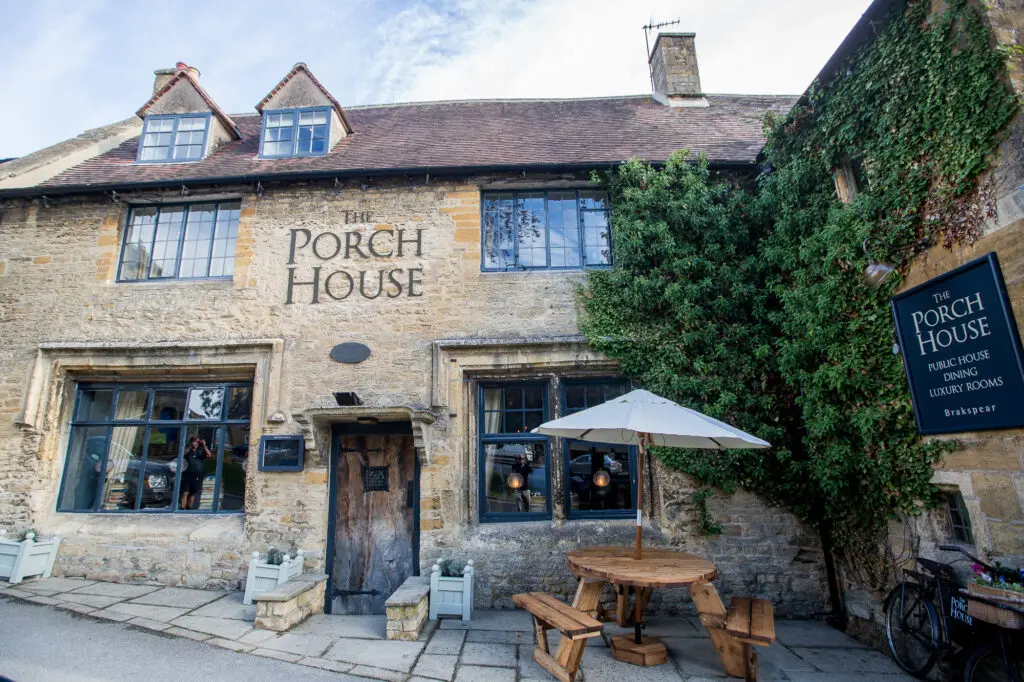
The Brakspear name has long been synonymous with a bee, due to our connection to England’s only appointed pope, Adrian IV, who was born Nicholas Breakspear.
Nicholas Breakspear was born in Bedmond, Hertfordshire, in c1100 and was educated in St. Albans. His father, Robert, was a monk there, and Nicholas seemingly followed his father’s footsteps.
Nicholas spent his time as an abbot in Paris, a cardinal in Italy, and then a papal legate in Scandinavia. He was welcomed home to Rome with honour by then-Pope Anastasius IV. After Anastasius’s death, Breakspear was elected Pope of the 3rd December 1154, choosing Adrian as his papal name.
His papal symbol, the bee, was chosen as a reminder for the letter ‘B’ in his original surname, Breakspear. 600 years later, another Robert Brakspear, a descendant of the original Brakspear family, formed W H Brakspear & Sons Brewery in 1779 in Henley-on-Thames. Since then, the bee has been reincorporated into our brand as a proud reminder of the family connection and remains so today.
In 1779, nineteen-year-old Robert Brakspear, become the pub landlord of the Cross Keys, Witney and it’s from here Brakspear Bitter was born (now known as Brakspear Gravity). Brakspear Gravity and Oxford Gold is now brewed in Witney. Many people were enjoying Brakspear Bitter, so he needed to move to a bigger brewery. Robert joined our uncle, Richard Hayward int 1779 and move to the Bell Street Brewery after Richard had become a partner in 1768.
In 1812, Robert passed away, and the brewery moved around the corner from Bell Street to New Street in Henley and had 34 pub leases, and Robert’s second son, William Henry, joined the business. William became a partner in 1825, and was sole proprietor by 1848, and began trading as W.H. Brakspear. William worked tirelessly to expand the company acquiring more beer houses and malthouses, before passing away in 1882.
Brakspear’s beer is brewed using the traditional double drop fermentation method. This involves allowing fermentation to start in vessels on an upper floor, before ‘dropping’ into a second vessel below. This leaves tired or dead yeast and unwanted solids (‘trub’) behind and encourages a healthier fermentation. Refresh UK claims that Brakspear beers possess a butterscotch flavour due to diacetyl produced through this method and their particular long-lived, multi-strain yeast.
Read the full history of Brakspear
Alternatively you contact us directly to make a booking, on 01451 870048













